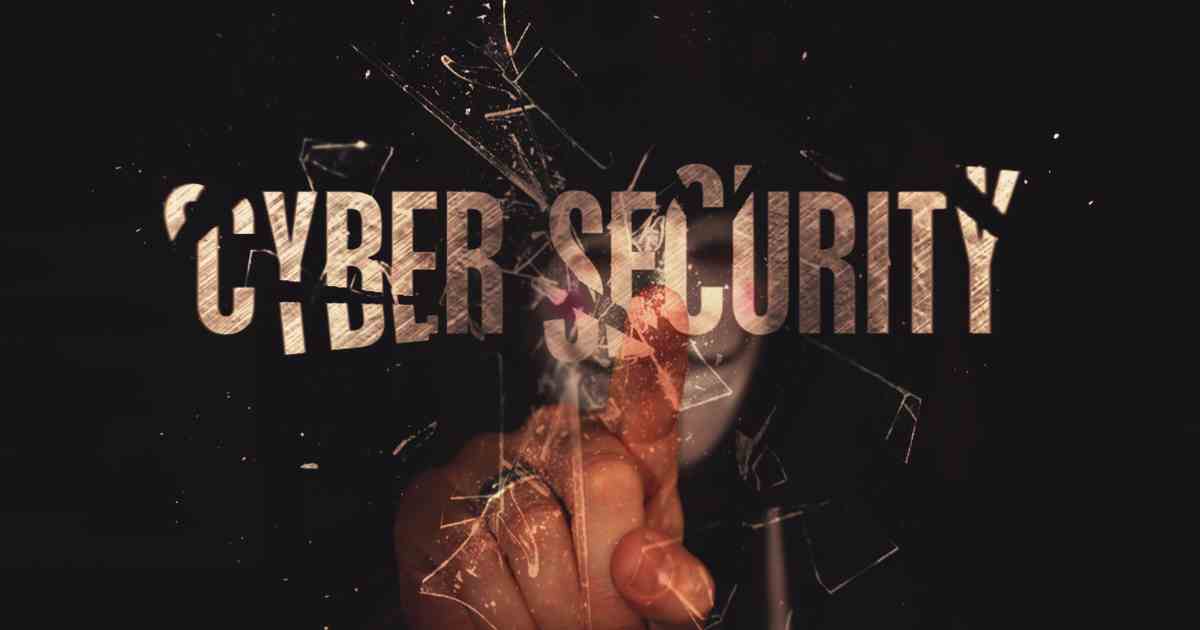
Cyber threats are no longer something that happens to big businesses. Small businesses that have integrated technology are also at risk of encountering cyber threats. These cyber threats are not something to be taken lightly as they could compromise the personal data of your customers and the business.
In South Africa, cyber attacks are on the rise. According to a survey from the Council for Scientific and Industrial Research (CSIR), 47% of organisations reported experiencing 1-5 cyber security incidents in the past year. Additionally, the survey states that malware and phishing attacks are the most common cyber threats with organisations reporting high incidences of these attacks.
With the prevalence of cyber-attacks, it’s important for small businesses to have robust and comprehensive cyber security solutions integrated into their systems.
In this article, we list important cyber security tips for small businesses.
Why is Cyber Security Important?
Cyber attacks put your money, data and IT equipment at high risk. If a hacker gains access to your network, it could put the data of your customers in danger.
Hackers can inflict damage with what they find on things such as:
- Access to customer lists
- Customer credit card information
- Your company’s banking details
- Your pricing structure
- Product designs
- Business growth plans
- Manufacturing processes
- Other types of intellectual property
Beyond just your business, these attacks can put other businesses on your network (supply chain) at risk.
Impact of Cyber-attacks on Small Businesses
A cyber-attack can impact your business in more than one way. Some potential consequences of cyber attacks are:
- Financial loss from theft of banking information
- Financial loss from the disruption of your business.
- High costs to rid your network of threats
- Reputational damage after telling your customers their information was compromised.
This might not seem like something that will impact your small business any time soon but it’s better to be proactive about it instead of reacting when the danger is nearby.
Cyber Security Tips for Small Businesses
Your business is special and unique. From the operating model to where you store data is where your business’ weak points are. In order to ensure that you are not vulnerable to cyber-attacks, consider the following tips:
Training and Awareness
If you are the only person in your business, you need to complete regular cyber security training. This will help you keep up to date with developments and be able to understand how your security solutions are working.
If you have staff, make sure that they are regularly trained so they can understand how their behaviours affect the security of the business (e.g. accessing untrustworthy websites), how to spot potential threats (phishing e-mails) and also respond appropriately if a cyber attack happens.
Secure your Digital Environment
You can secure your digital environment by protecting your devices and networks. You can do this by implementing tools such as firewalls, password protection and secure authentication resources. This will make it difficult for any attackers to access information from your various entry points.
Regularly Backup Your Data
In this new world, data is a very important commodity. Your business data is extremely valuable, and you need to mitigate any attacks that could compromise it. You will need to regularly back up your data to ensure it’s safe.
In the case that you have been cyber-attacked, having your data backed up means you will be able to access your most recent information easily.
Secure your Online Transactions
Your customers are most likely buying in-store and online which means you need to have robust security measures in place to protect your digital payment points. This will make it safer for your customers to pay you online and protect their card information.
Software Updates
Conducting regular software updates means that your software resources will not miss out on any new security features or patches. Because the methods of cyber attacks are changing, your software also needs to keep up.
Plan for Incidents
You need to develop a robust plan that outlines what needs to be done in case you are under cyber-attack. This plan must include different scenarios for as many types of cyber-attacks as possible.
This will ensure you stay prepared and that you do not lose out on any business due to the cyber-attack.
Now that you understand the importance of comprehensive cyber security solutions, ensure that you research to find out which one is best for your business. You don’t want to get caught out unprepared and risk losing your business.
Read up about cyber security threats and solutions to ensure that you start leveraging the proper technology to keep you, your business, staff and customers safe.
For more information on protective technology for your business, read our article about Protective Technology products.






